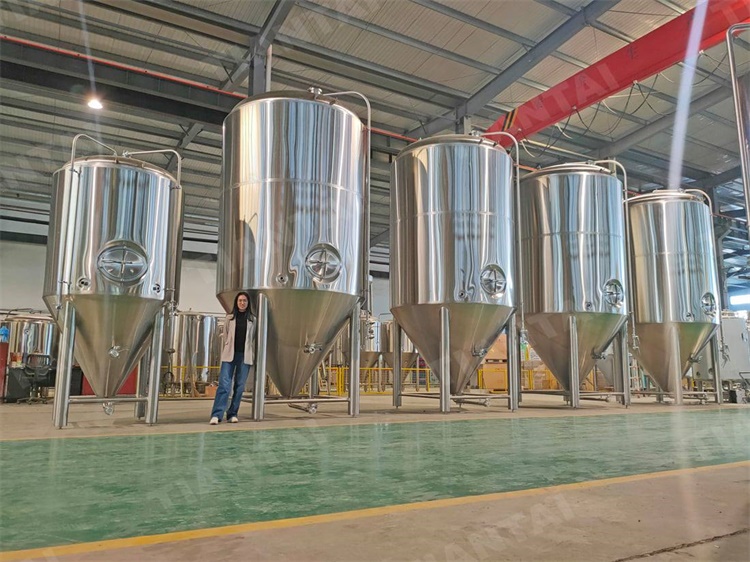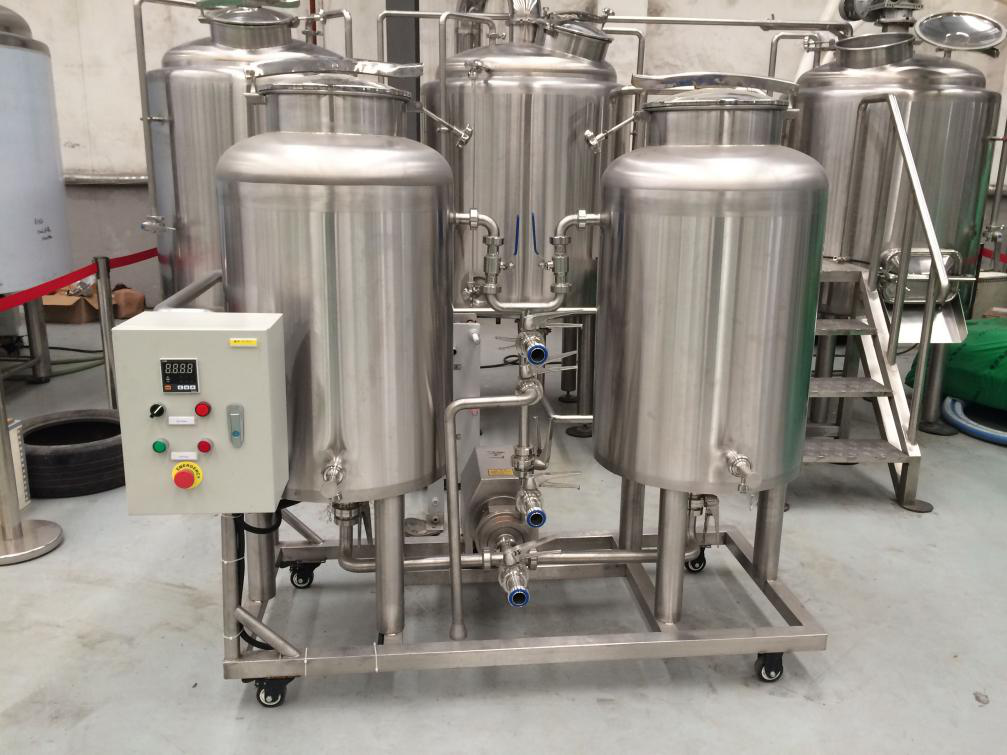.jpg)
Minimize exposure to oxygen: Oxygen is the main culprit behind wort oxidation. Throughout the brewing process, take measures to minimize exposure to air. This includes keeping containers tightly sealed, using airlocks, and avoiding unnecessary transfers or agitation.
Use airtight containers: When storing or transferring wort, use airtight containers such as fermentation vessels, carboys, or kegs with a proper seal. Ensure that the lids or caps are in good condition and fit tightly to prevent oxygen ingress.
Purge containers with CO2: Before transferring wort into a vessel, consider purging the container with carbon dioxide (CO2). This helps to displace oxygen and create a protective CO2 blanket over the wort, reducing the risk of oxidation.
Transfer gently: When moving wort from one container to another, try to do so gently and with minimal splashing or agitation. This reduces the chances of oxygen being introduced into the wort.
Limit headspace: When fermenting wort, it's important to minimize the headspace (empty space) in the fermentation vessel. A larger headspace allows more oxygen to come into contact with the wort. If needed, transfer the wort to a smaller vessel to reduce headspace.
Avoid excessive racking: Excessive racking or transferring of the wort from one container to another can increase the exposure to oxygen. Minimize unnecessary transfers and only rack when necessary.
Consider using antioxidants: Antioxidants such as ascorbic acid (vitamin C) or sodium metabisulfite can be added to the wort to help reduce oxidation. These compounds can help scavenge oxygen and minimize its detrimental effects. However, it's important to use them in appropriate amounts according to the recommended guidelines.
Store properly: After fermentation, if you're storing the beer for a longer period, ensure proper storage conditions. Keep the beer in a cool, dark place and avoid exposure to light, heat, and oxygen.
By following these steps, you can significantly reduce the risk of wort oxidation during the brewing process and maintain the quality of your beer.
Thank you for your reading.
Helen lee
[email protected]




.jpg)

Get In Touch